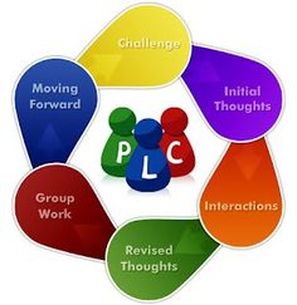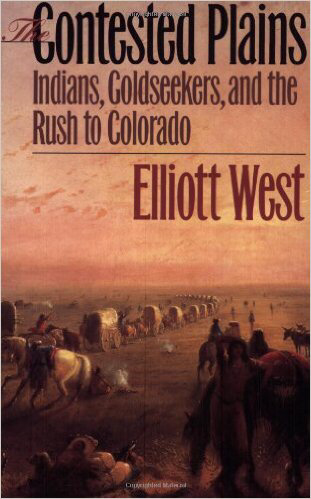I am not looking to draw specific lessons from this piece, but it may be of interest to schools, or indeed history departments, exploring the Professional Learning Community approach to developing their CPD. I have drawn a few key basic points from the literature for those with limited time:
- There is has been, and continues to be, a crisis over the provision of effective, subject focused, professional learning in teaching, and specifically in history departments.
- Professional learning can be effectively encouraged through Professional Learning Communities.
- Effective Professional Learning Communities are based on shared knowledge, routines and pedagogies. They are therefore ideally suited to departmental level professional learning and can place subject specific training back at the heart of teacher learning.
- Professional Learning Communities can be imposed from the top-down, but such PLCs are often resisted and therefore do not provide the benefits of genuinely organic PLCs.
- Professional Learning Communities which are cross-curricular or generic in their approaches generally enjoy less support than those which engage with a specific subject.
- When they are effective, Professional Learning Communities encourage teachers to be critical of their own practice and engage in activities which stretch and challenge their approaches to teaching. This in turn can have positvie effects of teachers' feelings of self-efficacy and student outcomes.
- The creation of networks of Professional Learning Communities has the potential to transform and improve the whole profession and can be done by anyone at any level.
Context
 A good diagram always makes something seem like a good idea in education.
A good diagram always makes something seem like a good idea in education. This literature review is a response to general criticisms of professional learning, outlined above, as well as a the 2011 Ofsted report, History for All (Ofsted, 2011), which set out the shortcomings of professional learning in history departments nationwide. The report noted that “an important issue [in recent history inspections] was the near-absence of appropriate subject training.” (Ofsted, 2011, p. 42) and went on to highlight the discovery that “…in the 65 schools visited…[subject training] was good or outstanding in only 15 of them.” (Ofsted, 2011, p. 42). The language here is vague; however the core point is hammered home with statistical precision. In one institution for example, there had been no subject specific professional development offered to staff for seven years (Ofsted, 2011). These findings clearly present stark challenges to history departments looking to improve their practice.
Over the last few years, many schools have made moves to bring their professional learning in-house (Woodcock, 2011). This approach is fairly common and it is unsurprising that this has come at a time when reducing budgets is paramount (Woodcock, 2011). In one case I explored in some detail, Robwood High (a high achieveing secondary - name changed) began a programme of establishing “Professional Learning Communities” (PLCs) to provide in-house CPD. The PLCs were given the purpose of fostering cross-curricular, collegiate approaches to CPD as a surrogate for bringing in external expertise. The PLCs at Robwood focused on improving teaching and learning across the school through a shared focus on Assessment for Learning (AfL). The challenge with this model of professional learning is twofold. First, the expertise must be available within the school already. Focussing too heavily on internal expertise runs the risk of encouraging conservatism and removing the challenge provided by external sources (Pendry, et al., 1998). The second issue whether or not such approaches to CPD allow all teachers to develop appropriately in response to their professional and subject specific needs.


 RSS Feed
RSS Feed
